Home>Storage & Organization>Decluttering Tips & Tricks>How To Help A Hoarder Declutter
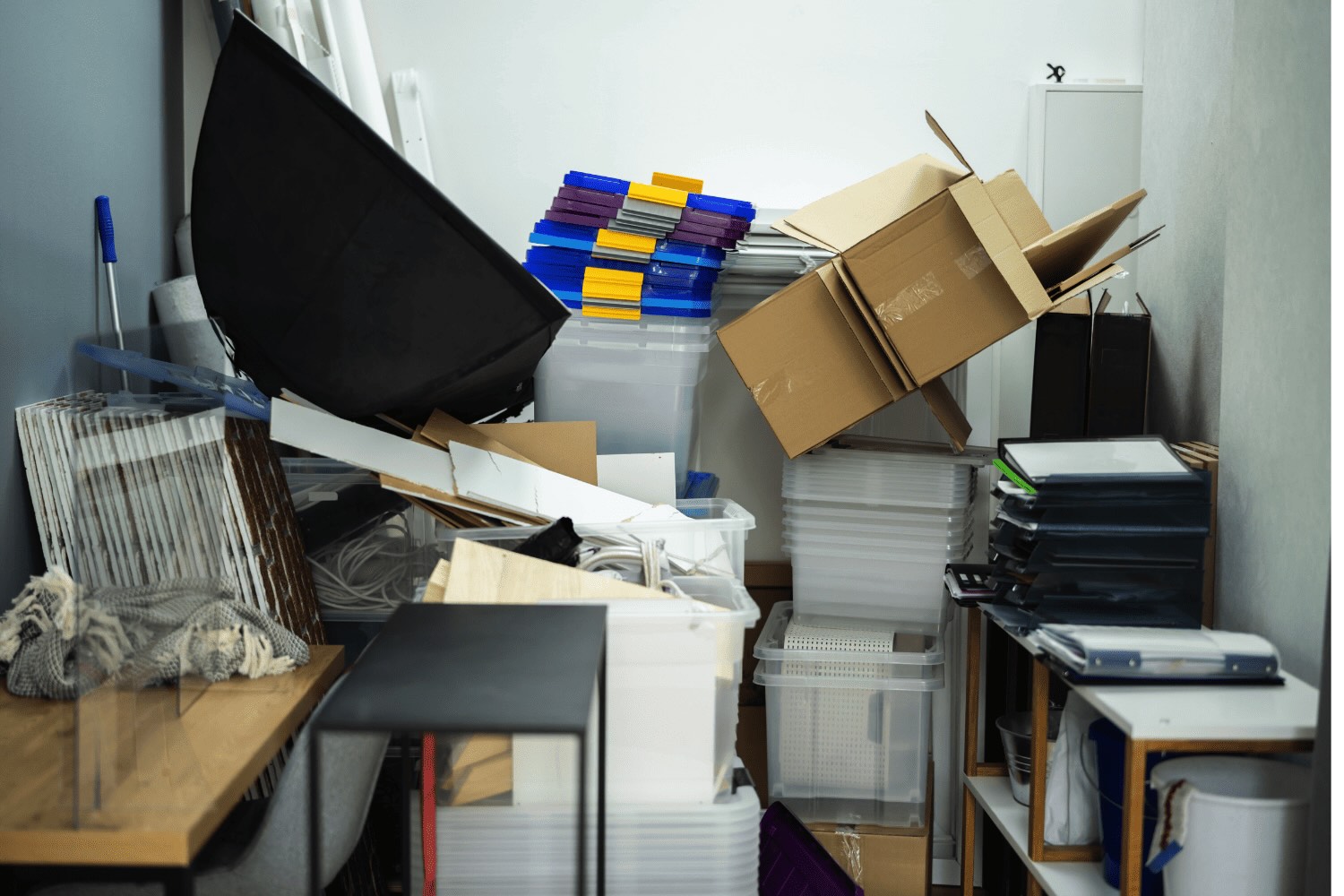

Decluttering Tips & Tricks
How To Help A Hoarder Declutter
Modified: January 19, 2024
Discover effective decluttering tips and tricks to help a hoarder organize and simplify their space. Learn how to support and guide them through the decluttering process.
(Many of the links in this article redirect to a specific reviewed product. Your purchase of these products through affiliate links helps to generate commission for Storables.com, at no extra cost. Learn more)
Understanding Hoarding Behavior
Hoarding behavior is a complex psychological phenomenon that goes beyond mere clutter. It is characterized by an overwhelming urge to acquire and save items, regardless of their value or usefulness. Individuals who hoard often experience intense distress at the thought of discarding possessions, leading to the accumulation of excessive clutter in their living spaces.
Understanding the underlying causes of hoarding behavior is crucial for offering effective support and assistance to individuals struggling with this issue. While the exact reasons behind hoarding tendencies vary from person to person, several common factors contribute to the development and perpetuation of hoarding behavior:
- Emotional Attachment: Hoarders often form deep emotional attachments to their possessions, viewing them as extensions of themselves or as sources of comfort and security.
- Fear of Waste: Many hoarders experience an intense fear of wasting items or discarding something that may be needed in the future, driving them to hold on to a vast array of objects.
- Perfectionism: Some individuals hoard as a result of perfectionistic tendencies, feeling unable to discard items due to a desire for completeness or a fear of making the wrong decision.
- Information Processing Deficits: Hoarding behavior has been linked to difficulties in decision-making and categorization, making it challenging for individuals to organize and declutter their belongings.
- Trauma and Loss: Past traumatic experiences or significant losses can trigger hoarding behavior as a coping mechanism, with possessions serving as a means of filling emotional voids or providing a sense of stability.
It’s important to recognize that hoarding is not simply a matter of being disorganized or messy. Rather, it is a complex psychological issue that requires empathy, understanding, and patience to address effectively. By gaining insight into the underlying motivations driving hoarding behavior, we can approach individuals struggling with hoarding in a compassionate and supportive manner, fostering a sense of trust and cooperation as we work together towards decluttering and improving their living environment.
Key Takeaways:
- Understanding hoarding goes beyond clutter—it’s a complex psychological issue. Approach with empathy and patience to build trust and support gradual decluttering.
- Help hoarders by setting realistic goals, providing ongoing support, and seeking professional help when needed. Empower them with compassion and encouragement.
Read more: How To Organize A Hoarders House
Approaching the Hoarder with Sensitivity
When engaging with individuals who struggle with hoarding behavior, it is essential to approach the situation with empathy, understanding, and sensitivity. The following strategies can help create a supportive and non-judgmental environment for addressing hoarding tendencies:
- Build Trust: Establishing trust is paramount when working with hoarders. Approach the individual with respect, actively listen to their concerns, and demonstrate empathy for their emotional attachment to possessions.
- Respect Autonomy: Recognize that the decision to declutter ultimately lies with the hoarder. Avoid imposing your own agenda and instead empower them to make choices about their belongings at their own pace.
- Avoid Criticism: Refrain from making negative comments about the clutter or the hoarder’s behavior. Criticism can exacerbate feelings of shame and guilt, hindering the decluttering process.
- Provide Reassurance: Offer reassurance that the goal is to create a safe and comfortable living environment, rather than to force the hoarder to get rid of everything they own.
- Be Patient: Recognize that decluttering is a gradual process. Avoid rushing or pressuring the hoarder, as this may lead to resistance and heightened anxiety.
- Offer Support: Express willingness to assist and support the hoarder throughout the decluttering journey. This can include providing practical help, such as sorting through items, as well as emotional support during challenging moments.
- Emphasize Safety: Highlight the importance of a safe and functional living space. Frame decluttering as a means of enhancing safety and well-being, rather than solely focusing on tidiness.
- Respect Boundaries: Understand that hoarders may have specific boundaries and areas of their living space that are particularly sensitive. Respect these boundaries while gently encouraging progress.
Approaching hoarders with sensitivity and understanding fosters a supportive environment that encourages collaboration and empowers individuals to address their hoarding tendencies. By demonstrating empathy and respect, we can lay the groundwork for effective decluttering efforts while promoting the hoarder’s emotional well-being.
Working with the Hoarder to Set Realistic Goals
Collaborating with individuals who struggle with hoarding behavior to establish realistic decluttering goals is a crucial step in the process of addressing their living environment. By setting achievable objectives and milestones, we can guide hoarders towards gradual progress while respecting their emotional attachment to possessions. Here are key strategies for working with hoarders to set realistic goals:
- Assess the Living Environment: Begin by conducting a thorough assessment of the hoarder’s living space. Identify areas that require attention and prioritize the most critical areas for decluttering.
- Engage in Dialogue: Initiate open and honest conversations with the hoarder about their living environment and their feelings towards decluttering. Listen attentively to their concerns and preferences.
- Identify Priorities: Collaboratively determine the most pressing decluttering priorities, such as creating clear pathways, addressing safety hazards, or reclaiming functional living spaces.
- Break Tasks into Manageable Steps: Dividing the decluttering process into smaller, manageable tasks can prevent overwhelming the hoarder. Focus on specific areas or categories of items to facilitate gradual progress.
- Set Clear Objectives: Establish clear and achievable decluttering objectives, such as clearing a designated area, reducing the number of items in a specific space, or implementing organizational systems.
- Emphasize Flexibility: Recognize that the pace of decluttering may vary based on the hoarder’s comfort level and emotional readiness. Remain flexible and adaptable in setting and adjusting goals as needed.
- Celebrate Milestones: Acknowledge and celebrate each milestone achieved during the decluttering process. Recognizing progress, no matter how small, can bolster motivation and reinforce the value of ongoing efforts.
- Encourage Self-Compassion: Foster a compassionate approach towards the hoarder’s challenges and setbacks. Encourage self-compassion and emphasize that decluttering is a journey with ups and downs.
By working collaboratively with hoarders to establish realistic decluttering goals, we can create a framework that supports gradual progress while respecting the hoarder’s emotional attachment to their possessions. This approach fosters a sense of empowerment and motivation, laying the groundwork for meaningful and sustainable decluttering outcomes.
Start small by helping the hoarder declutter one area at a time. Encourage them to sort items into keep, donate, and discard piles to make the process more manageable.
Providing Ongoing Support and Encouragement
Supporting individuals struggling with hoarding behavior requires ongoing encouragement, understanding, and practical assistance. By offering consistent support throughout the decluttering process, we can help hoarders navigate the challenges they face and maintain momentum towards creating a more organized living environment. Here are key strategies for providing ongoing support and encouragement:
- Regular Check-Ins: Maintain regular communication with the hoarder to offer support, discuss progress, and address any concerns or obstacles they may encounter.
- Emotional Support: Acknowledge the emotional challenges associated with decluttering and provide a compassionate ear for the hoarder to express their feelings and fears without judgment.
- Practical Assistance: Offer practical help with sorting, organizing, and disposing of items, respecting the hoarder’s decisions while providing guidance and support as needed.
- Encouragement and Validation: Offer words of encouragement and validation for the hoarder’s efforts, emphasizing the significance of each step taken towards decluttering.
- Problem-Solving Together: Collaborate with the hoarder to address challenges and obstacles that arise during the decluttering process, working together to find practical solutions.
- Provide Resources: Offer information about local support groups, professional organizers, or mental health professionals with expertise in hoarding behavior, empowering the hoarder to access additional assistance if needed.
- Normalize Setbacks: Help the hoarder understand that setbacks are a natural part of the decluttering journey and provide reassurance that setbacks do not diminish the progress made.
- Reinforce Positive Changes: Highlight and celebrate the positive changes in the living environment, emphasizing the benefits of decluttering while acknowledging the hoarder’s resilience and determination.
By consistently providing support and encouragement, we can create a nurturing environment that empowers hoarders to address their clutter while fostering their emotional well-being. This ongoing support reinforces the hoarder’s sense of agency and resilience, contributing to sustainable progress and positive outcomes in the decluttering process.
Seeking Professional Help When Necessary
Recognizing the complex nature of hoarding behavior, it is important to acknowledge that professional intervention may be necessary to provide comprehensive support for individuals struggling with hoarding tendencies. Seeking the expertise of mental health professionals, organizers specializing in hoarding disorder, and other qualified experts can offer invaluable assistance in addressing the underlying issues and facilitating effective decluttering. Here are key considerations for seeking professional help when supporting hoarders:
- Understanding Hoarding as a Mental Health Issue: Recognize hoarding behavior as a mental health concern that may require specialized intervention from professionals with expertise in hoarding disorder and related conditions.
- Accessing Mental Health Support: Encourage the hoarder to seek support from mental health professionals, such as psychologists or therapists, who can provide individualized therapy and evidence-based interventions tailored to hoarding behavior.
- Engaging Professional Organizers: Consider enlisting the services of professional organizers experienced in working with hoarders. These experts can offer practical guidance, organizational strategies, and hands-on assistance in the decluttering process.
- Collaborating with Social Workers: Social workers can play a crucial role in connecting hoarders with community resources, support services, and housing assistance, addressing broader social and environmental factors contributing to hoarding behavior.
- Utilizing Support Groups: Encourage participation in support groups specifically focused on hoarding disorder, providing opportunities for individuals to connect with others facing similar challenges and benefit from peer support and shared experiences.
- Coordinating Multi-Disciplinary Support: In complex cases, coordinating a multi-disciplinary approach involving mental health professionals, organizers, social workers, and other relevant experts can provide comprehensive support for the hoarder.
- Respecting Autonomy in Seeking Help: Approach the topic of professional intervention with sensitivity, respecting the hoarder’s autonomy in making decisions about seeking professional support while offering information and encouragement.
Seeking professional help when necessary demonstrates a commitment to addressing hoarding behavior in a holistic and effective manner. By leveraging the expertise of qualified professionals, we can enhance the support provided to hoarders, promote sustainable decluttering outcomes, and prioritize the hoarder’s well-being and long-term recovery.
Frequently Asked Questions about How To Help A Hoarder Declutter
Was this page helpful?
At Storables.com, we guarantee accurate and reliable information. Our content, validated by Expert Board Contributors, is crafted following stringent Editorial Policies. We're committed to providing you with well-researched, expert-backed insights for all your informational needs.

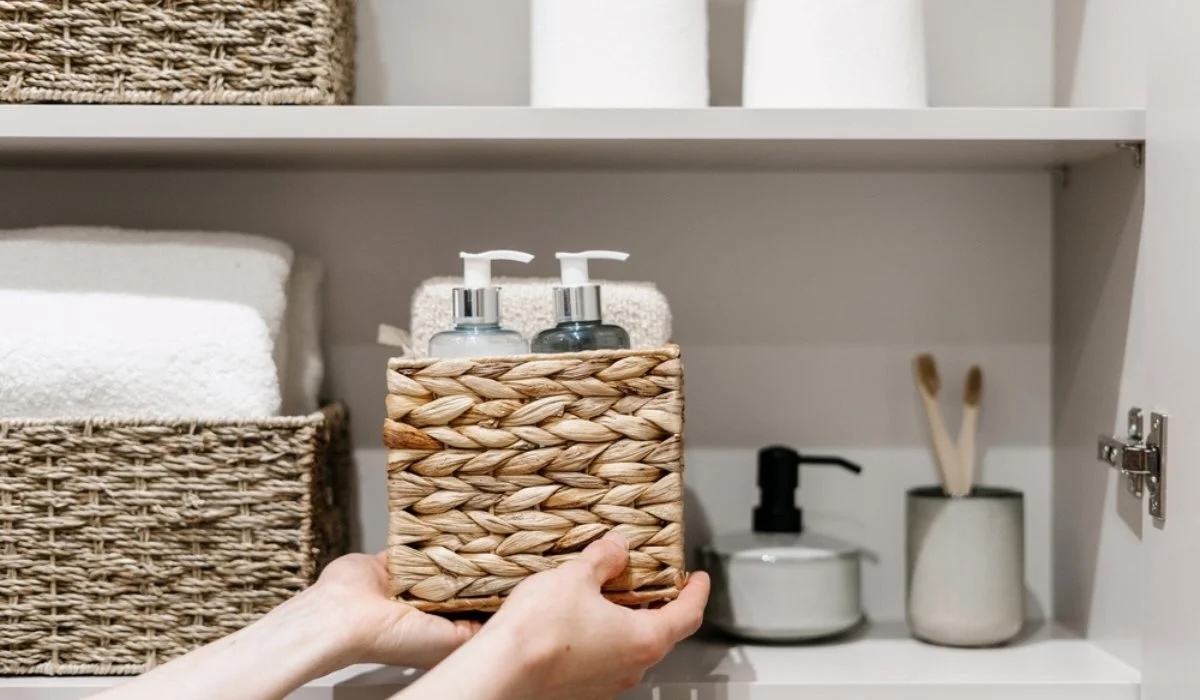

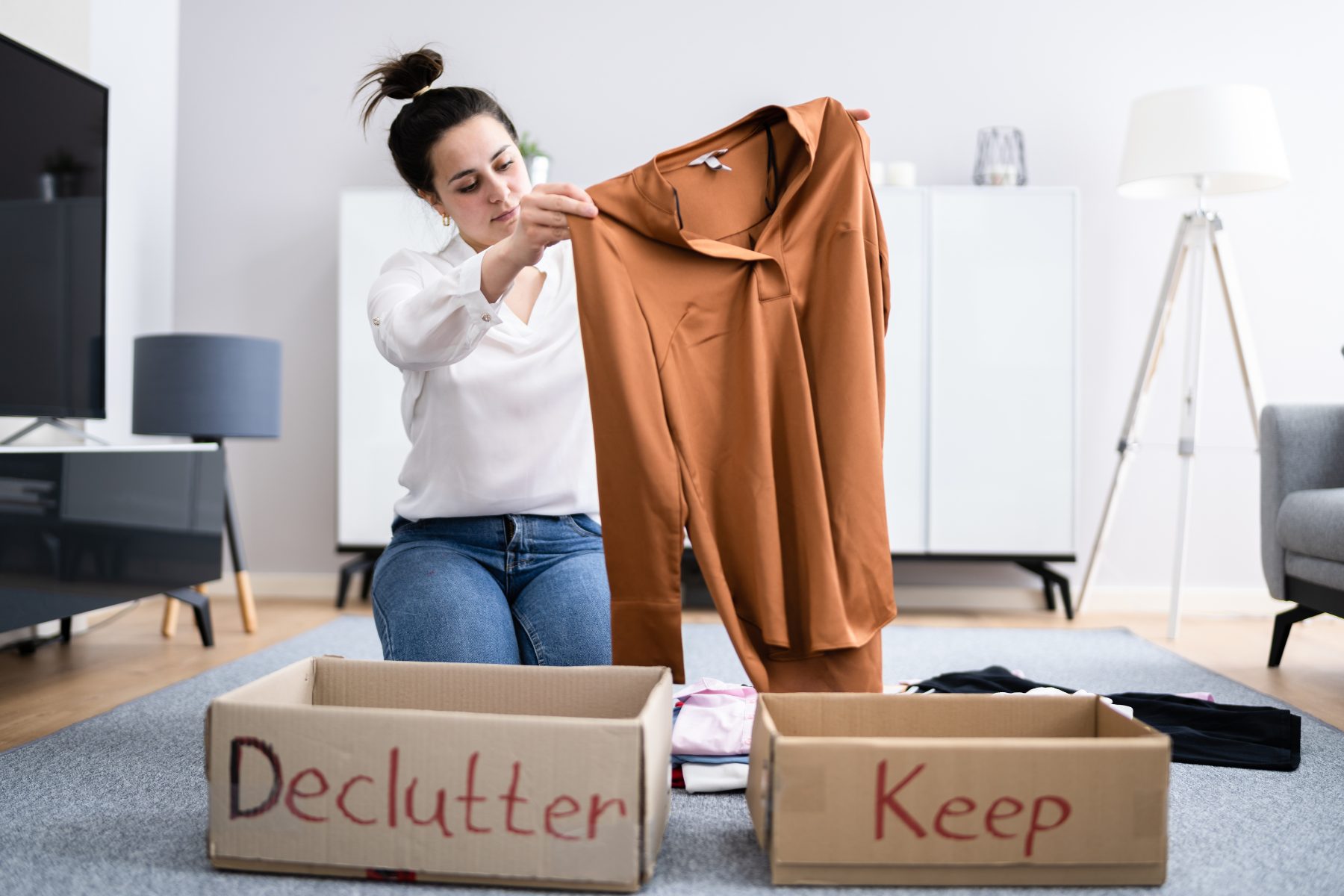

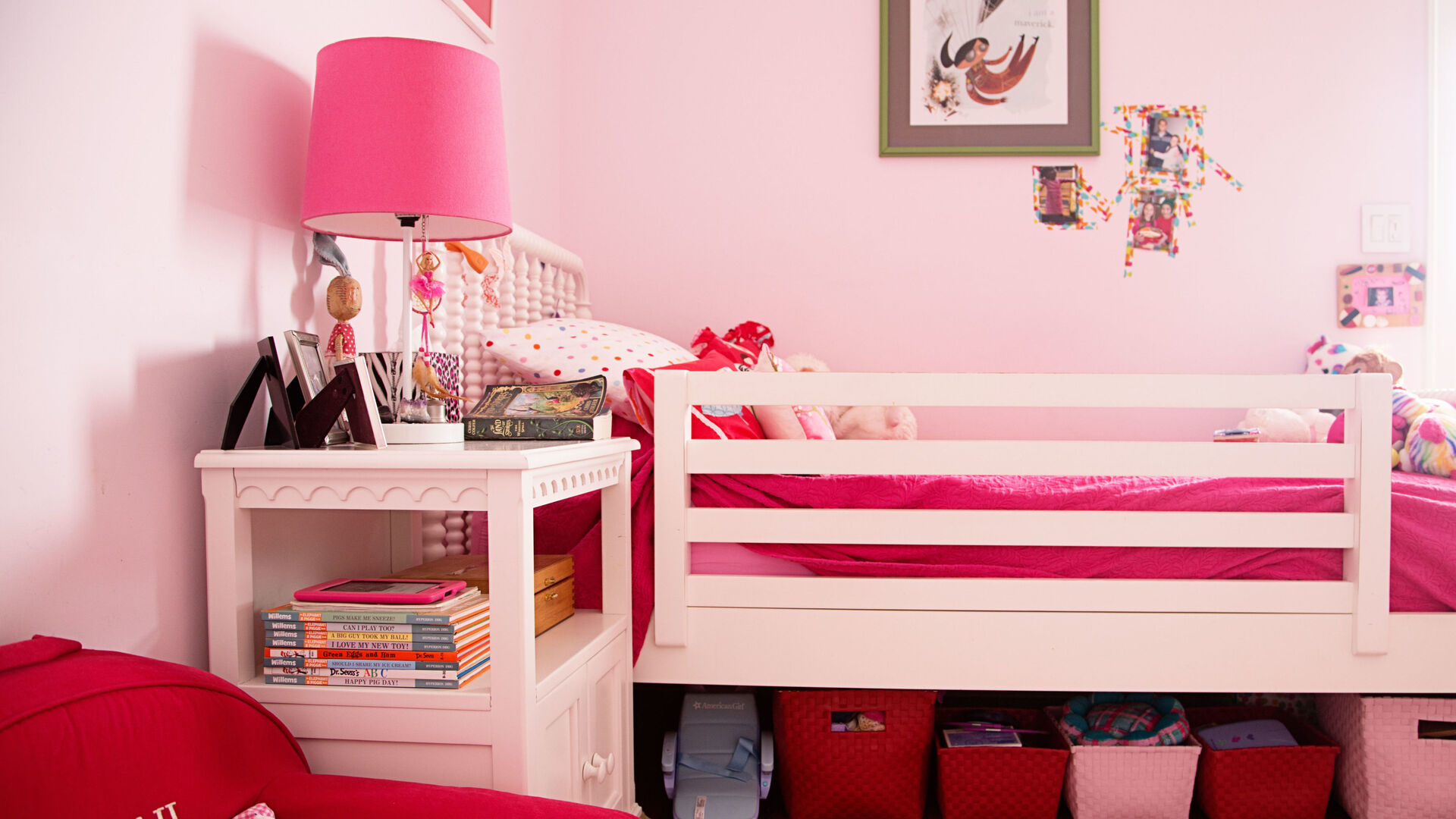
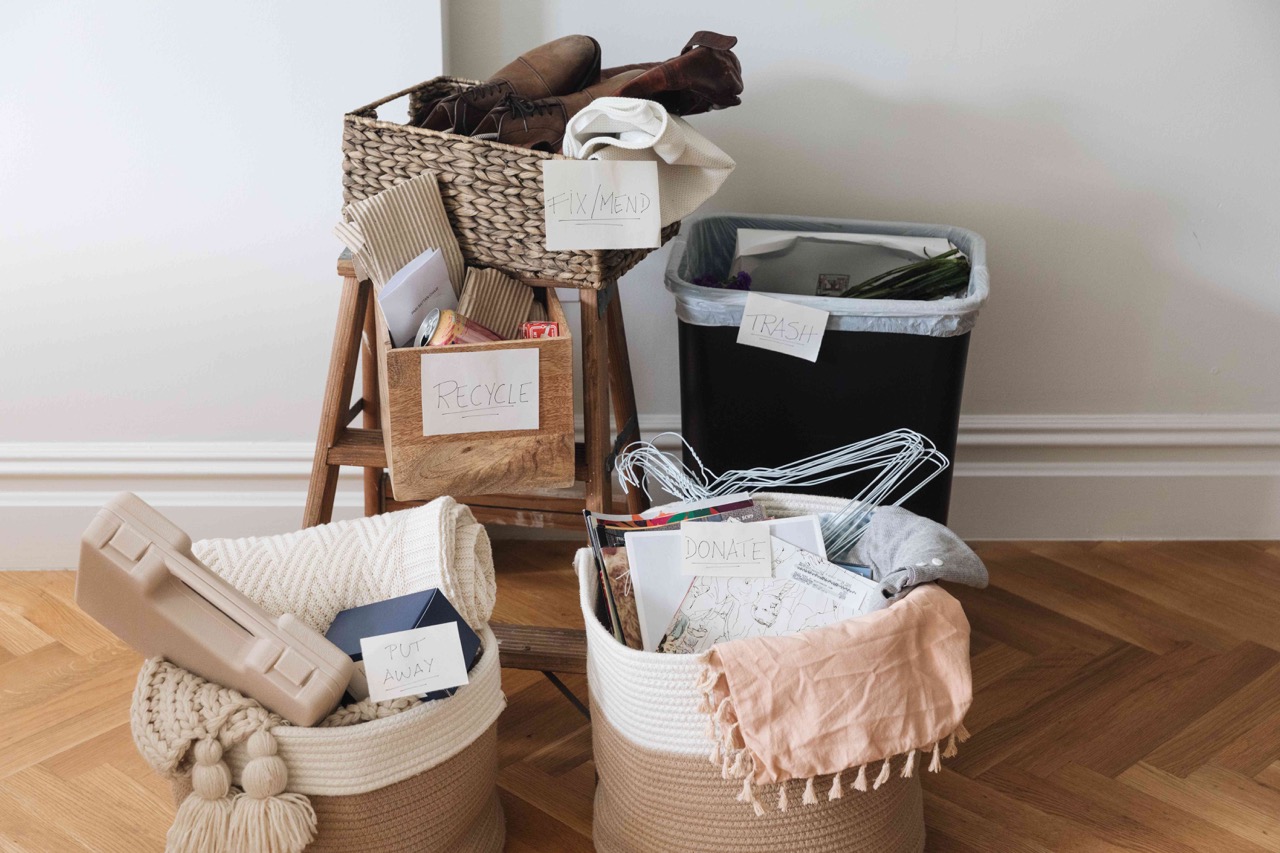


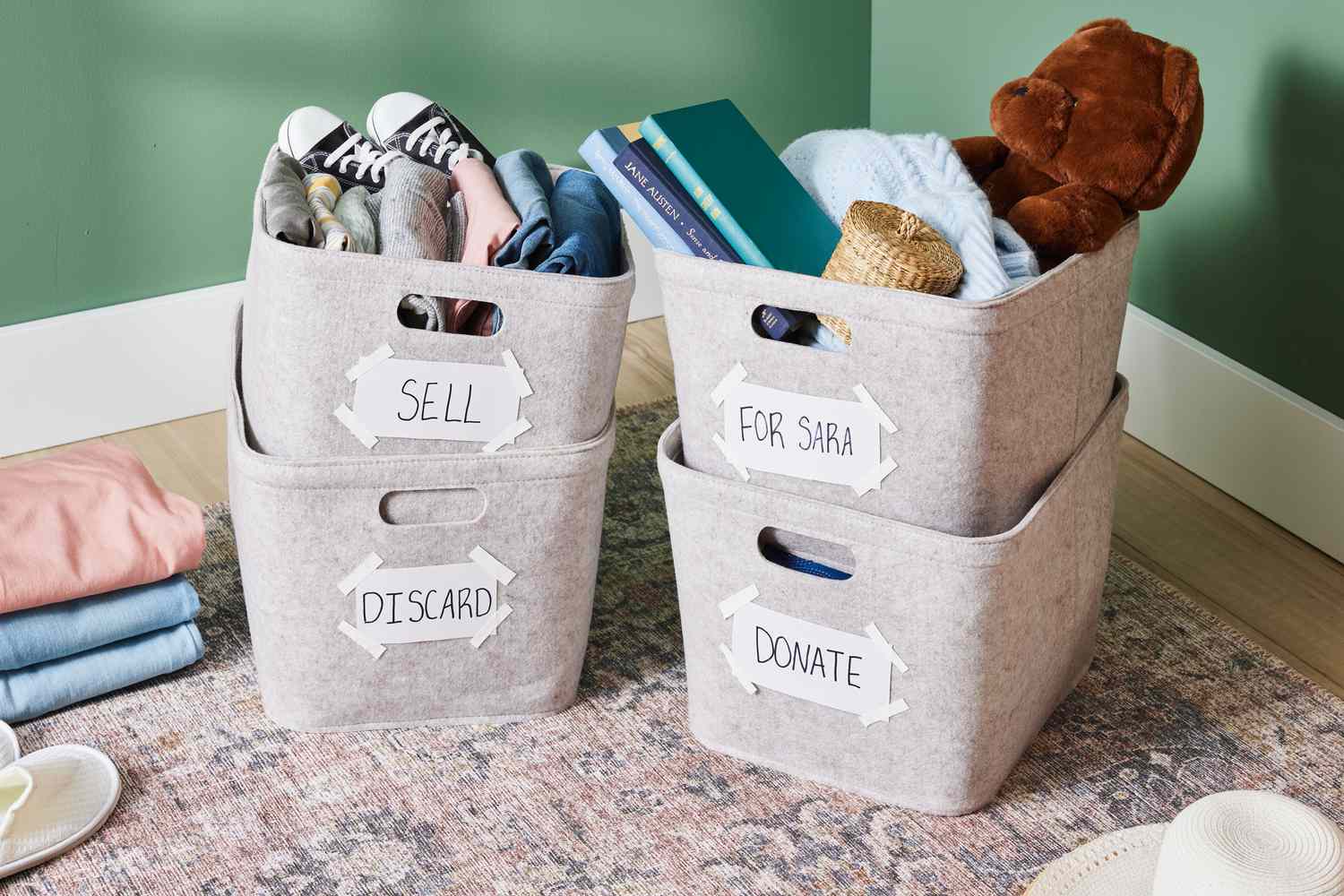


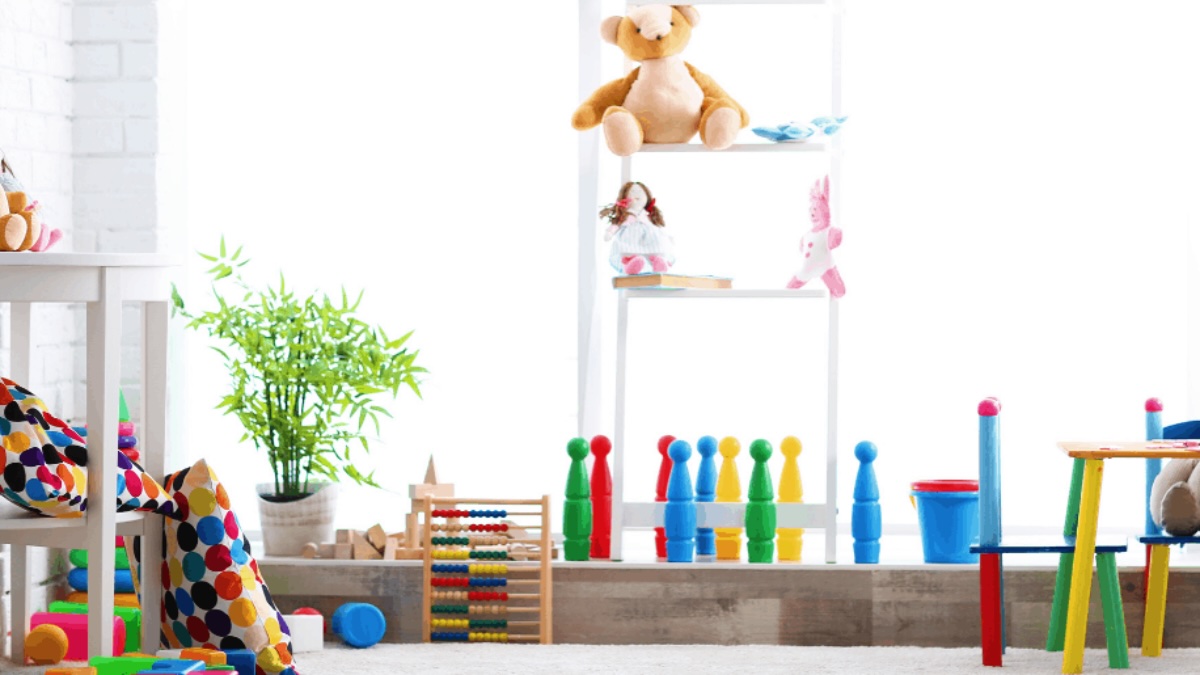
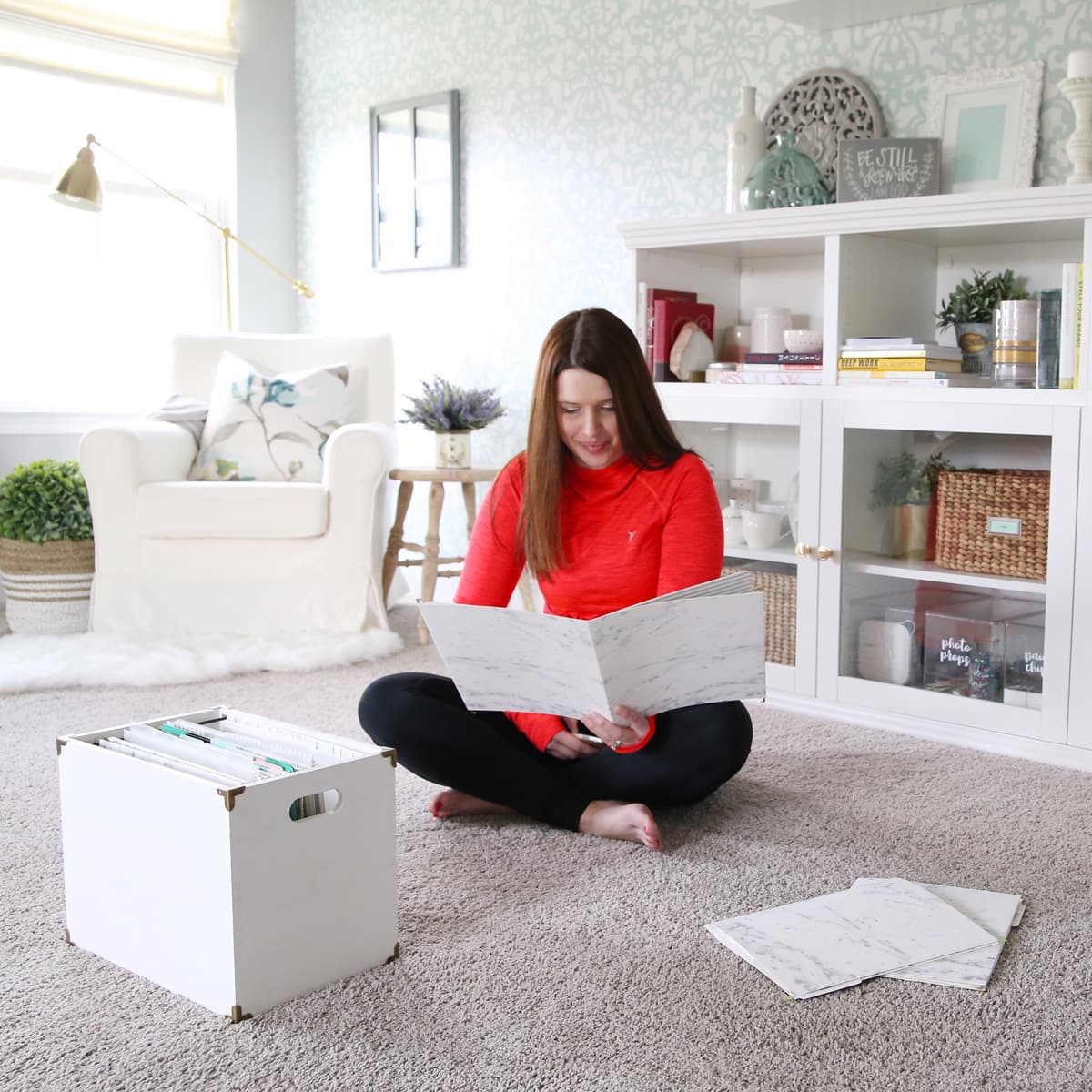
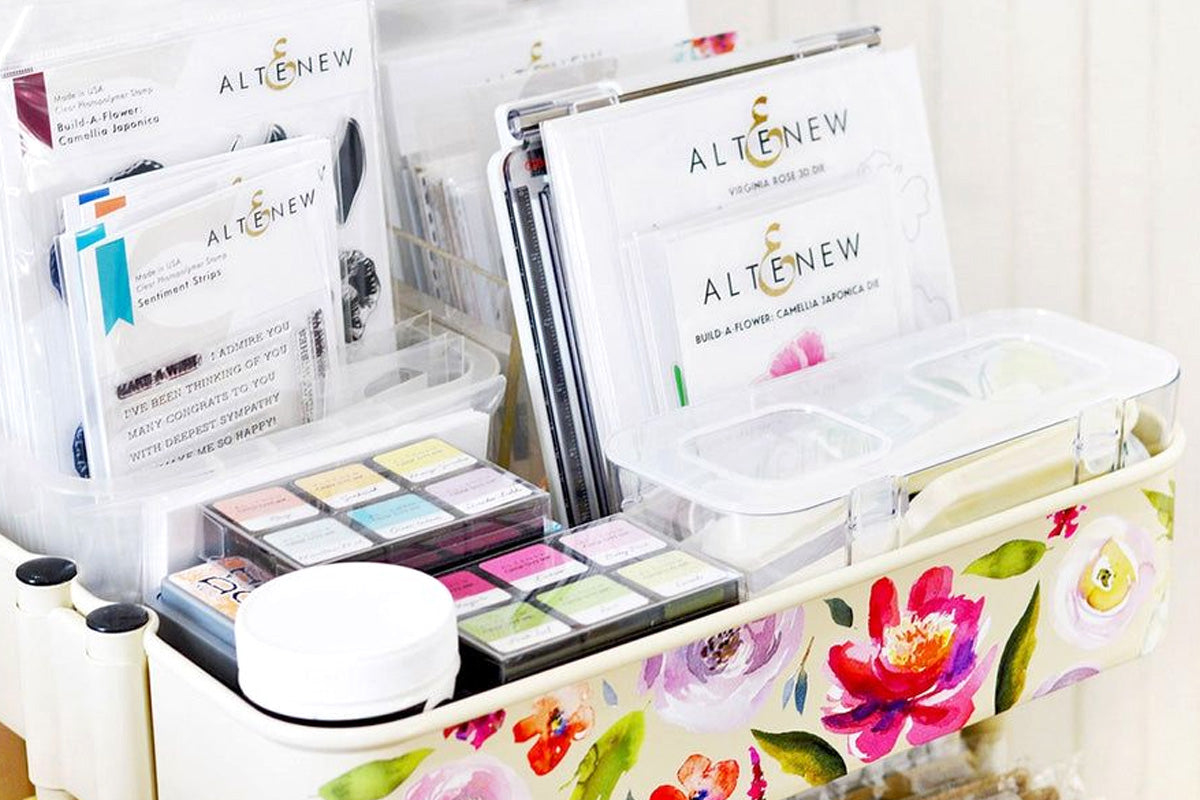

0 thoughts on “How To Help A Hoarder Declutter”